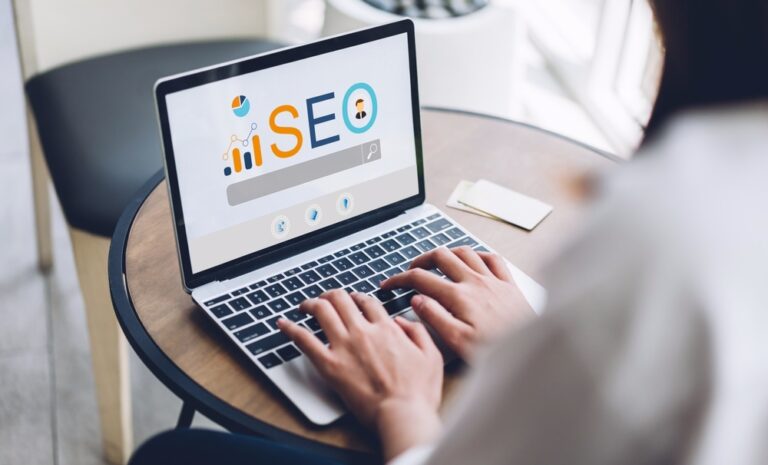44% of people start their online shopping by searching on Google. This means if you have an ecommerce store, you need to consider your SEO (search engine optimisation).
If you are not thinking of SEO when building your ecommerce store, or optimising it as you progress, then you could be missing out on a lot of business. SEO helps your business succeed and grow – as we have seen numerous ecommerce businesses grow on the back of organic traffic.
So what are the most important building blocks of SEO you need to consider if you run an ecommerce store?

Choose the right keywords
Do you know what people are searching for to find your products? What about what they are searching for to find your competitors’ products?
It is not always what you might assume from the start. People search in different ways. You need to do keyword research and find out what people are actually searching for.
Then you need to consider which of these are relevant to you – and then you need to actually rank for them.
Many brands tend to go for broad keywords, which are highly competitive and likely dominated by huge brands such as Amazon. Your target audience may not even be searching for them.
Niche searches often have more targeted terms with better intent behind them.Moz states that 70% of organic traffic comes from searches which are long-tail phrases, rather than a few words.
Create useful content
What information does your target audience need before making a purchase? Do you provide answers?
If you aren’t already producing content to help nurture prospects down the marketing funnel, you should make a start.
Content helps your site rank for terms, and the content itself will rank for long-tail terms. You should write content around terms you have found in your keyword research.
But again, pick the right terms and create the right content. Write content which answers the intent behind the search, and you will find an audience. Then offer them something at the end of your content.
Your content can be a podcast, a video, a blog post, a download, anything. But choose the type of content your audience will respond to.
Ecommerce store structure
You need to ensure your ecommerce store is structured properly to help Google crawl it, as well as help customers navigate it.
Important content should be at the top of your site, within a few clicks of the home page.
Internal links should flow naturally down to the least important content, or the specific product pages.
You should include links to products and categories inside blog posts or other forms of content, which help boost your SEO efforts.
Site speed
How quickly does your site load? Will customers hit the back button while waiting for your page to load?
Page speed is a ranking factor for Google. If your website is slow, you could be costing yourself rankings.
Ideally, your pages should be loading in under 2 seconds. If not, you should work on ensuring it is as fast as possible.
Page Speed Insights allows you to easily test your speed on mobile and desktop devices.
Get the SEO basics right
Are all your pages optimised for SEO? Are your key pages optimised for the corresponding keywords and queries you want them to rank for?
You should at least ensure all key pages you want potential customers to find have the basic SEO elements in place.
If they do, and you aren’t happy with the rankings, optimise them further for the specific keywords you deem relevant.
The basics include:
- Title tags
- Meta descriptions
- Headings – H1s, H2s etc
- Optimised copy
- Optimised URLs and URL structures
- Image alt text
- Internal links to relevant pages












